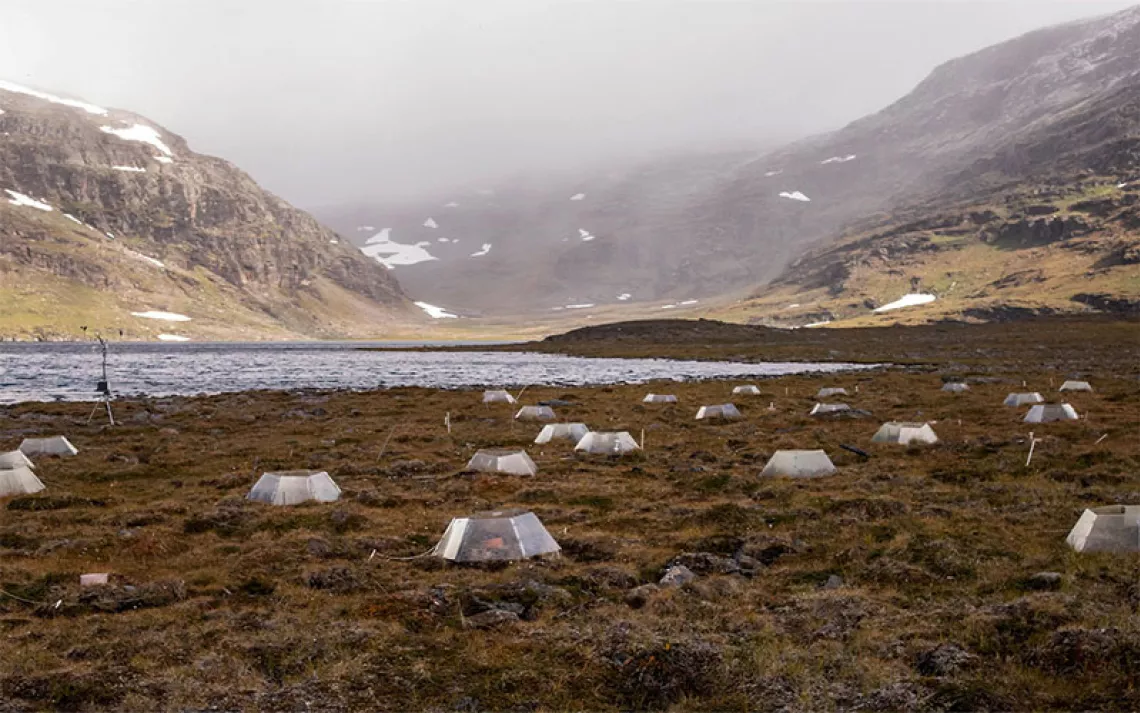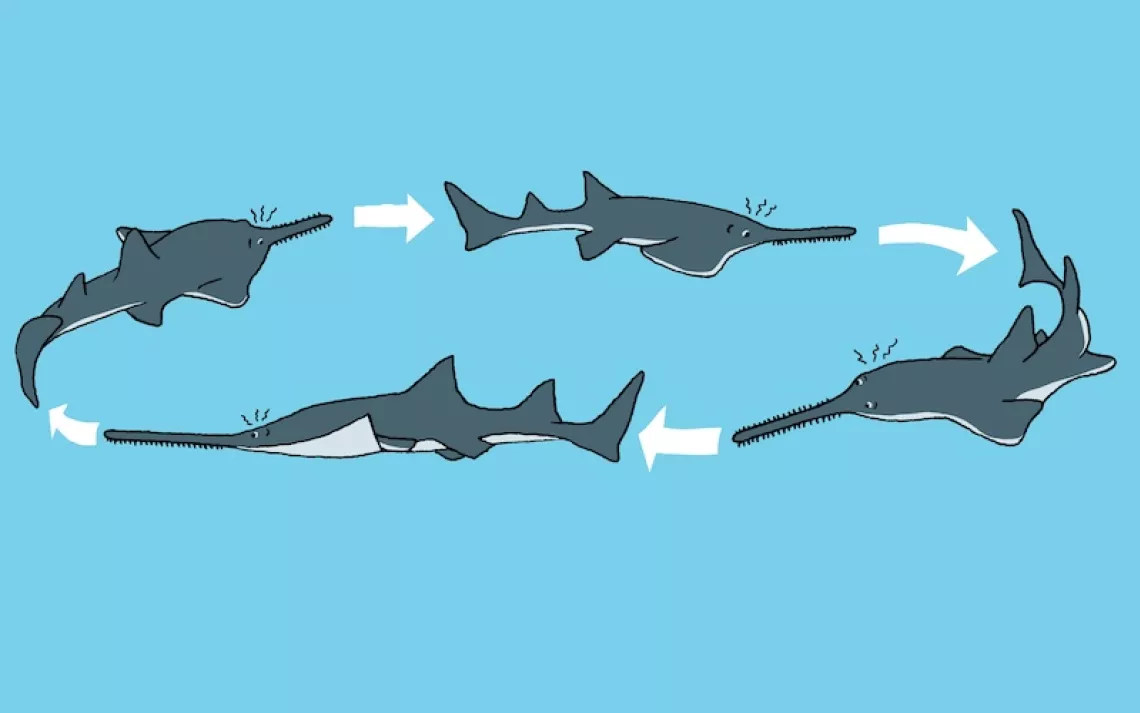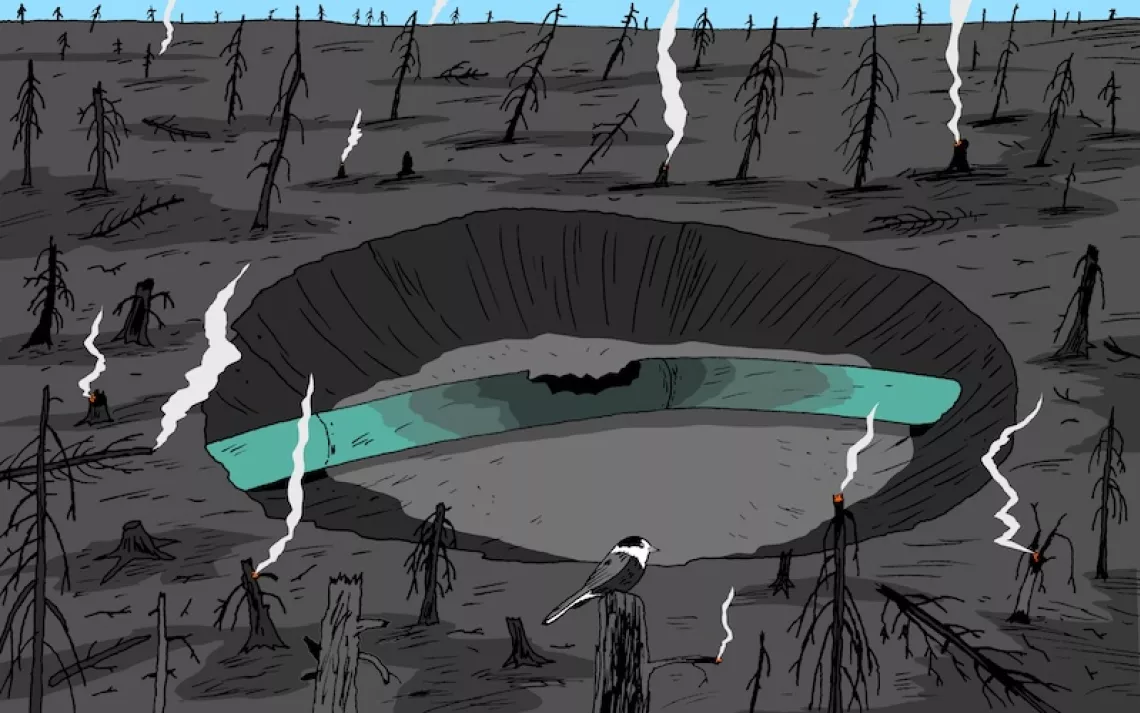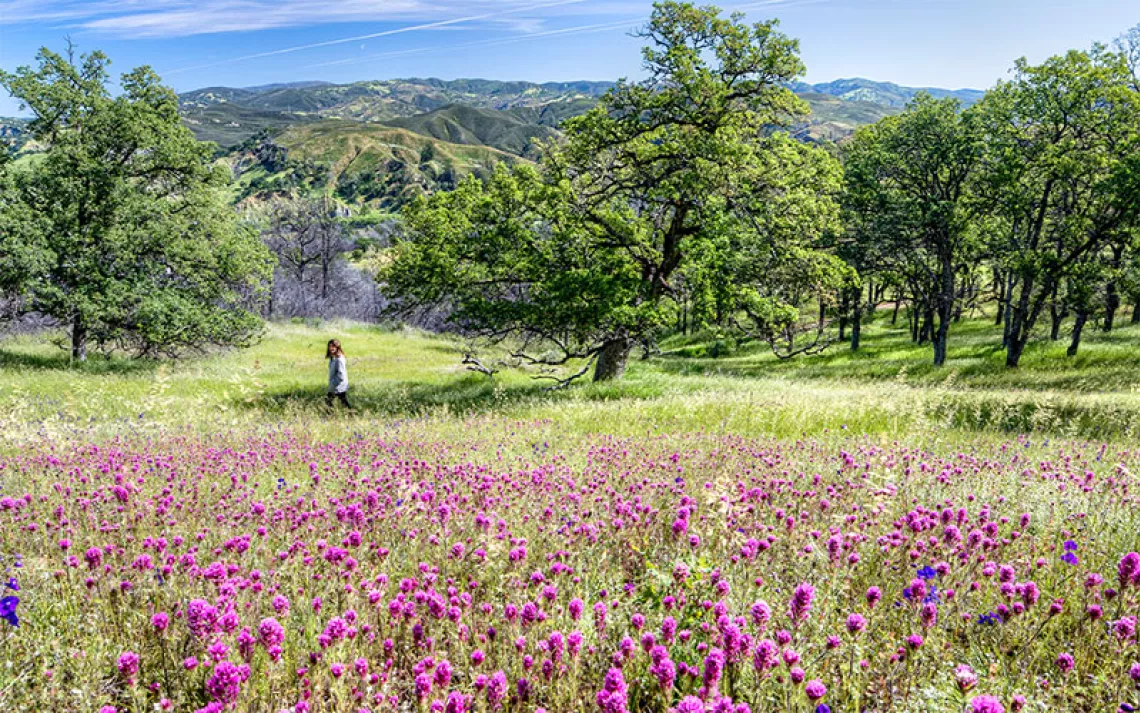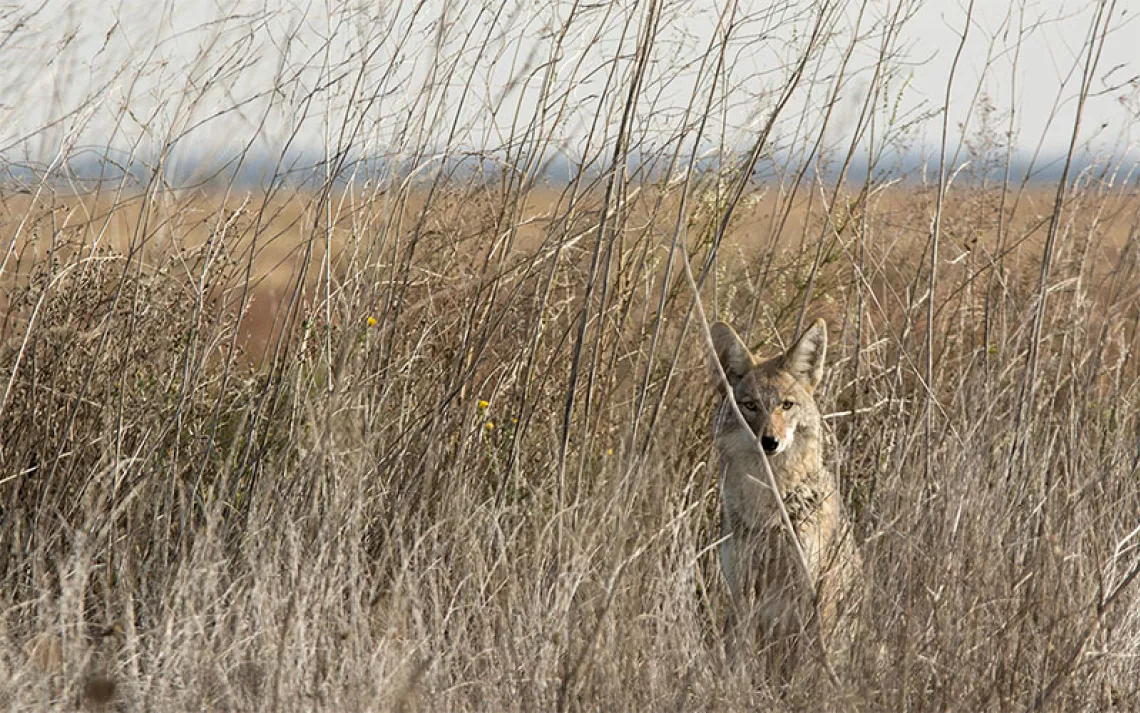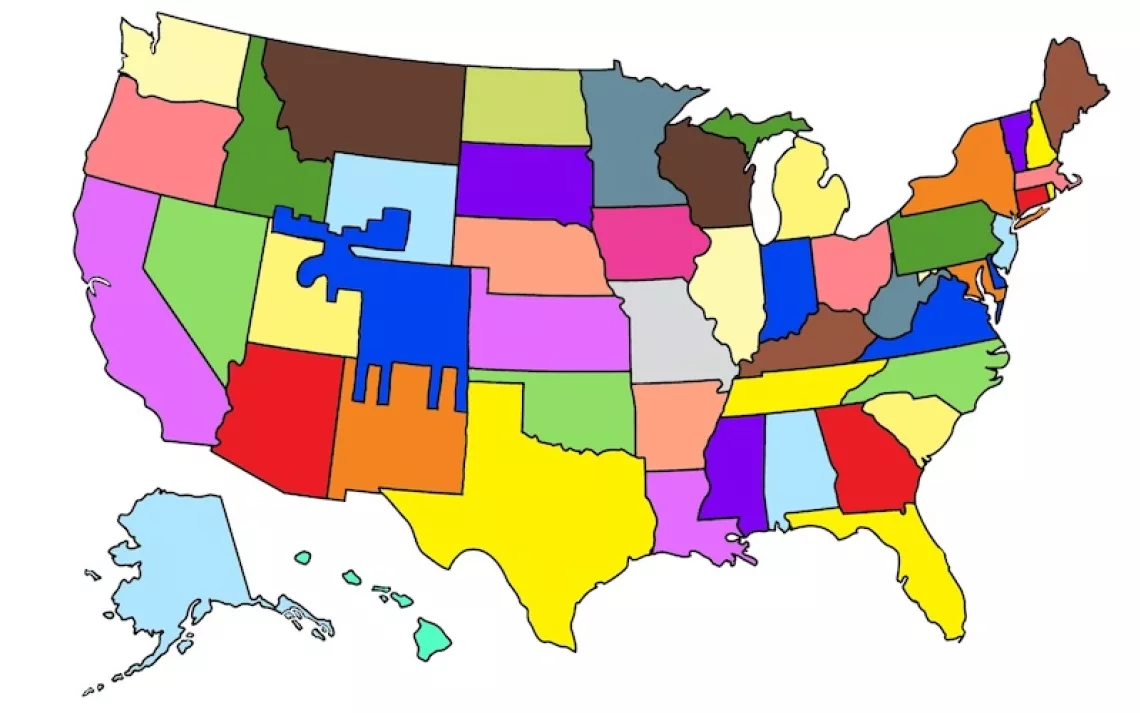Hey Mr. Green, Is It Better to Burn Brush or Let It Decompose?
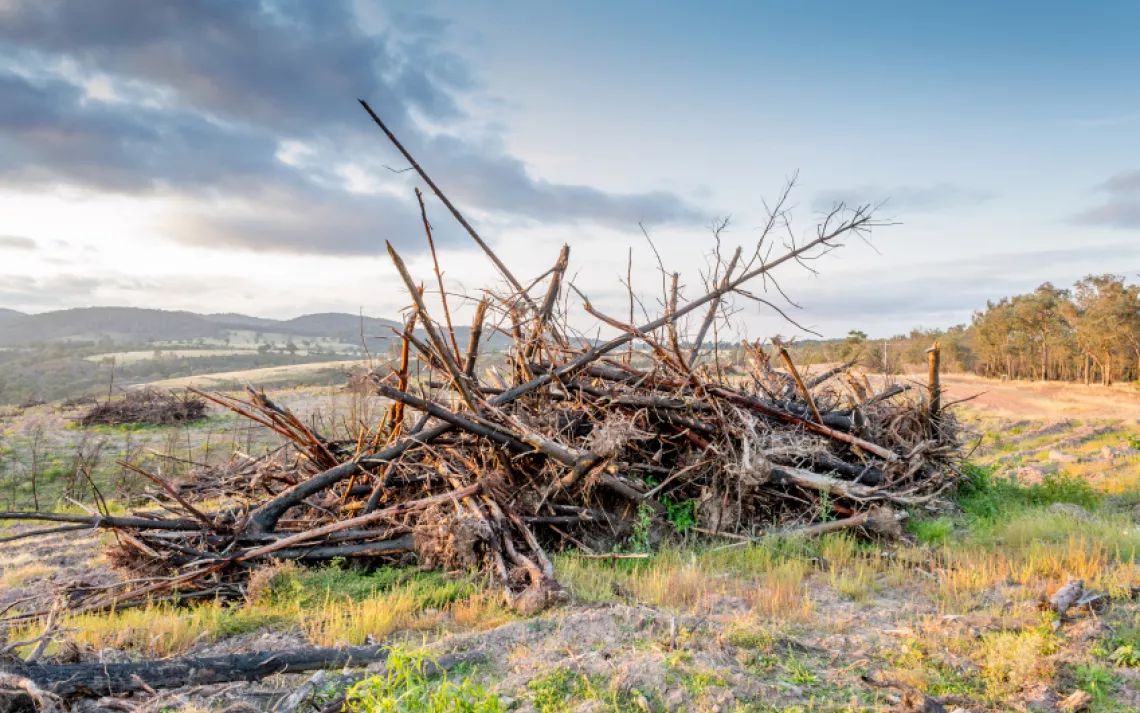
Photo by iStock/Michael Garner
Hey Mr. Green,
We live in a rural area where targeted brush clearing is an annual practice. Is it better to burn the brush and produce carbon dioxide or stack it and let it decompose thus producing methane?
—Allan, Austin, Texas
You give me cause for hope, Allan, because when we unleashed this column 10 years ago, very few readers knew enough about global warming even to pose such a question.
Your concern about methane is quite warranted, because it has about 25 times more global warming potential per pound than its celebrity cousin, carbon dioxide, although it is emitted in far smaller quantities.
To get a handle on potential methane emissions from simply letting your brush linger as a brush pile, I regarded it as compost. Using compost data from various sources for various kinds of composting, the highest estimate I came up with was that a pound of compost would emit enough methane to make the equivalent of a quarter pound of carbon dioxide. That’s lot less than the pound and a half of CO2 that would be emitted by burning it. Moreover, burning wood releases all the carbon dioxide in one roaring blaze, whereas your decaying pile would take years to break down, meaning that brush would do way less damage while we wait for the human race to come to its sense, call off its apocalypse, and drastically cut CO2 emissions.
Also, burning wood releases a lot of other wicked substances, like the tiny particles of soot that lodge in the lungs and cause diseases, whereas leaving the brush provides a shelter for rabbits and other critters. (This is why the EPA insists on pollution controls for wood stoves.) Now if you accumulate so much brush that it becomes a nuisance, consider chipping it to make mulch instead of burning it.—Bob Schildgen
 The Magazine of The Sierra Club
The Magazine of The Sierra Club

